Nepal embraces Bangladesh’s proposal for tripartite energy cooperation with India
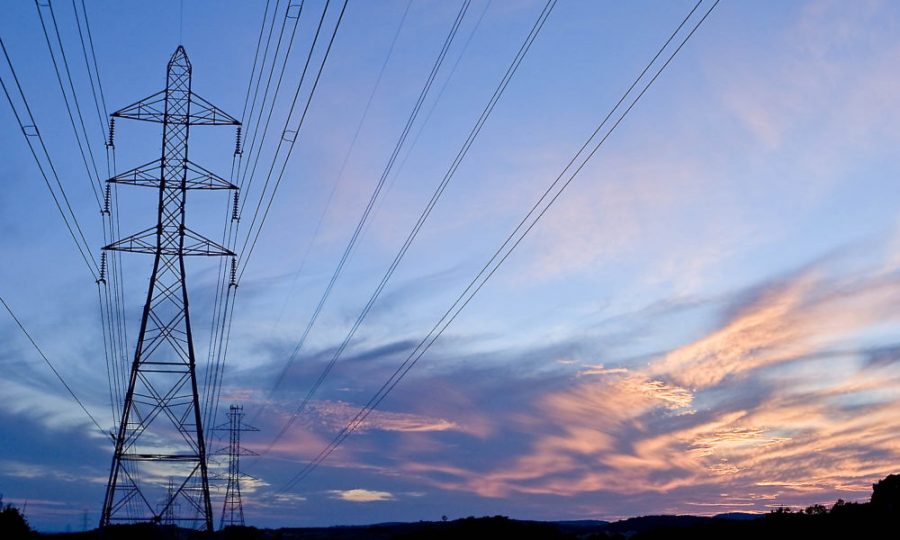
KATHMANDU: Nepal is set to endorse Bangladesh’s initiative to establish a tripartite mechanism involving Nepal, Bangladesh, and India to foster energy trade. Bangladesh simultaneously presented this proposal to both countries, seeking collaboration in the energy sector, particularly in expanding the clean energy market in the Bangladesh, Bhutan, India, and South Asia (BBIN) sub-region.
The Ministry of Energy, Water Resources, and Irrigation in Nepal has responded positively to the Bangladeshi proposal, expressing agreement with nearly all its points.
According to Bangladesh’s proposal, a Joint Secretary and a Joint Steering Committee (JSC) will be established under the Tripartite Joint Working Group (JWG) and secretaries of the respective ministries. This joint mechanism aims to facilitate energy cooperation by addressing bottlenecks and focusing on electricity trade and transmission infrastructure development.
The proposed modality of the tripartite mechanism has generated no controversy, as similar mechanisms already exist at the bilateral level. Nepal currently maintains bilateral mechanisms for energy cooperation with both India and Bangladesh.
The existing joint secretary-level mechanisms with India were established in accordance with the 2014 Agreement on ‘Electric Power Trade, Cross Border Transmission Interconnection, and Grid Connectivity.’ Similarly, a mechanism with Bangladesh was established in 2018 based on the ‘Memorandum of Understanding on Cooperation in the Power Sector’ between the two countries.
Negotiations for the tripartite mechanism come at a time when energy trade and joint investment discussions are underway between the three countries regarding Nepal’s hydropower project. During Prime Minister Pushpa Kamal Dahal’s visit to India, a commitment was made for India to assist in exporting 40 MW of electricity to Bangladesh through Nepal’s existing transmission infrastructure.
Last month, the Bangladesh government approved the import of 40 MW from Nepal through the Indian grid under the direct purchase method. Additionally, plans are in place to establish a transmission line for power trade between Nepal and Bangladesh, requiring India’s involvement and the use of Indian land.
Moreover, Nepal and Bangladesh have reached an agreement to involve India in the construction of the 683 MW Sunkoshi-3 hydroelectric project on the border of Ramechhap and Kavre districts.
Further collaboration involves Bangladesh issuing a Letter of Intent to India’s GMR Group, expressing its willingness to enter into an agreement to purchase 500 MW of electricity from the 900 MW Upper Karnali Project in Nepal. As of now, the three countries lack a tripartite mechanism for coordinated efforts in the energy sector.









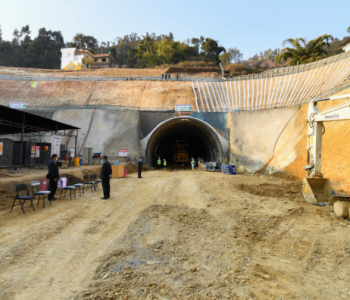
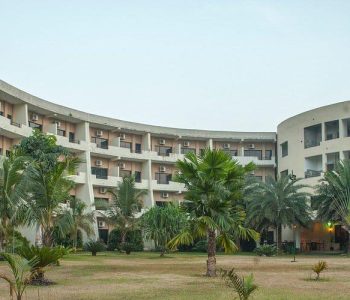
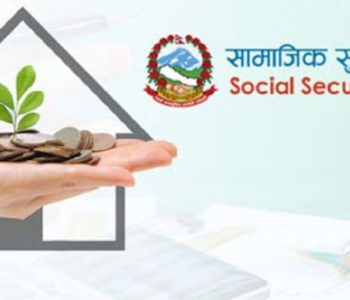
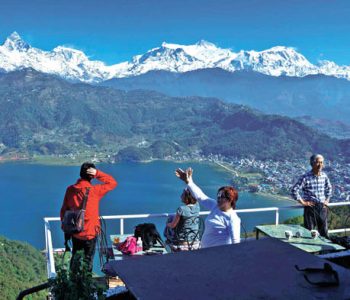
Facebook Comment